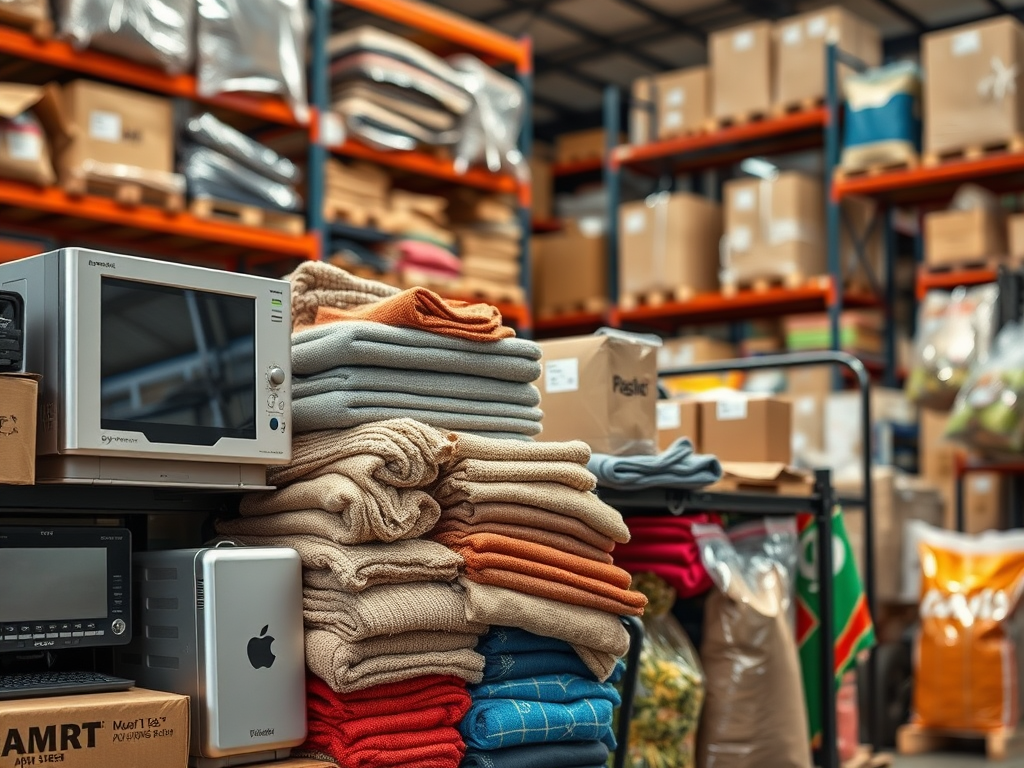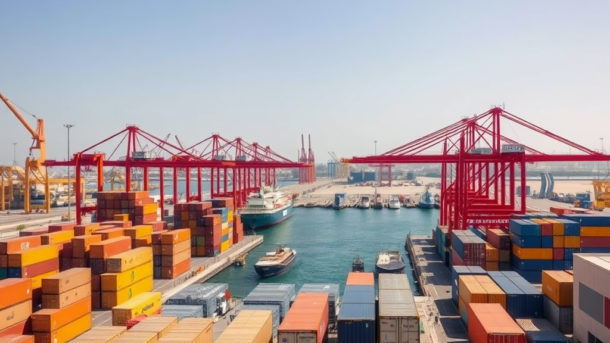Dubai stands as a global hub for trade and commerce, attracting entrepreneurs from around the world eager to explore its dynamic import and export market. The blend of a strategic geographical location, a business-friendly environment, and a diverse consumer base makes Dubai a prime choice for starting a business. Within this vibrant landscape, an import and export business can thrive, offering opportunities that are both exciting and rewarding. But stepping into this competitive arena requires a well-thought-out strategy to navigate the various components essential for success. This article delves deep into the intricacies of establishing an import and export enterprise in Dubai, ensuring that you have a solid roadmap to follow.
Setting up an import and export business in Dubai involves understanding the local market, legal requirements, and operational logistics. It’s not just about trading goods; it’s about creating a sustainable model that resonates with both your target audience and the ever-evolving market trends. As you embark on this journey, grasping the nuances will be crucial, from acquiring the necessary permits to establishing a reliable supply chain. Through a combination of thorough research and practical execution, you can position your business for long-term success in Dubai’s bustling trade landscape.
Understanding the Import and Export Market in Dubai

The vibrant commercial landscape of Dubai provides immense opportunities for both local and international businesses. Before diving into this market, it’s essential to grasp its intricacies. The key to success lies in understanding the various factors driving the market. These aspects create a foundation upon which you can build your business strategy.
- Strategic location at the crossroads of Europe, Asia, and Africa.
- Free trade zones that offer tax incentives and streamlined processes.
- A diverse economy that demands various products and services.
Legal Requirements for Import and Export Businesses

Establishing a legal foundation is crucial for any business. This section outlines the necessary permits and licenses that are fundamental to operations.
- Trade license issued by the Department of Economic Development (DED).
- Import/export license issued by the Federal Customs Authority.
- Sector-specific licenses as required for certain goods.
Setting Up Your Business Structure
Choosing the right business structure can impact your operations, taxation, and compliance. Understanding your options will allow you to align your business goals with legal requirements effectively. The global nature of trade mandates a clear understanding of how businesses are structured in Dubai specifically.
- Sole proprietorship
- Limited liability company (LLC)
- Free zone company
| Business Structure | Key Features |
|---|---|
| Sole Proprietorship | Single owner, simple process, and full control. |
| Limited Liability Company | Separate legal entity, liability protection for owners. |
| Free Zone Company | 100% foreign ownership, tax exemptions, specific business types. |
Finding Products to Import and Export
Identifying profitable products is vital for success in the import and export business. Knowing what to trade will directly influence your market reach and profitability. Conducting comprehensive market research is your first step toward uncovering viable products that resonate with current trends. Including both local and international market insights will provide a broader perspective.
- Analyzing market trends and competitive landscape.
- Attending trade shows and exhibitions to network and research.
- Establishing connections with suppliers to assess product availability.
Establishing Supply Chain and Logistics
A robust supply chain is essential for the smooth operation of your import and export business. Efficient logistics planning can drastically reduce costs and enhance the overall efficiency of your operations. It’s about more than just moving goods; it requires an integrated strategy that involves various services and stakeholders. Navigating customs regulations and understanding different transportation options will play a significant role in enhancing your operational capabilities.
- Transportation options (air freight, sea freight).
- Warehousing solutions to manage inventory.
- Customs clearance processes to expedite shipments.
Marketing Your Import and Export Business
Once your business is up and running, effective marketing will help you reach your target audience. The right marketing strategy will not only attract potential customers but also build a strong brand presence in the market. An online presence, especially, becomes increasingly necessary in today’s digital landscape. Balancing online marketing with industry networking will provide a holistic marketing approach that drives engagement.
- Building an informative and user-friendly website to establish online credibility.
- Utilizing social media platforms to engage with customers and share updates.
- Networking with industry professionals to explore partnerships and collaborations.
Conclusion
Starting an import and export business in Dubai opens up a world of opportunities. By understanding the market, complying with legal requirements, choosing the right business structure, and effectively marketing your services, you can pave the way for a successful venture. Continuous learning and adaptation will keep you ahead of market trends and consumer needs. With the right preparation and mindset, your business could flourish in one of the most exciting trade environments on the planet.
Frequently Asked Questions
- What are the basic legal requirements for starting an import and export business in Dubai?
- You need a trade license, an import/export license, and possibly other sector-specific licenses depending on the products you handle.
- Is it necessary to have a physical office in Dubai?
- If you plan to operate in a free zone, you may not need a physical office, but having one can enhance your credibility.
- Can foreign nationals start an import and export business in Dubai?
- Yes, foreign nationals can launch businesses in Dubai, though local partnership requirements may vary based on the business structure.
- What are the most profitable products to import/export in Dubai?
- Popular sectors include electronics, textiles, automotive parts, and foodstuffs. Conducting market research can help identify specific opportunities.
- How long does it take to establish an import/export business in Dubai?
- The timeline can vary; however, with proper planning and documentation, it may take a few weeks to a few months to get started.



